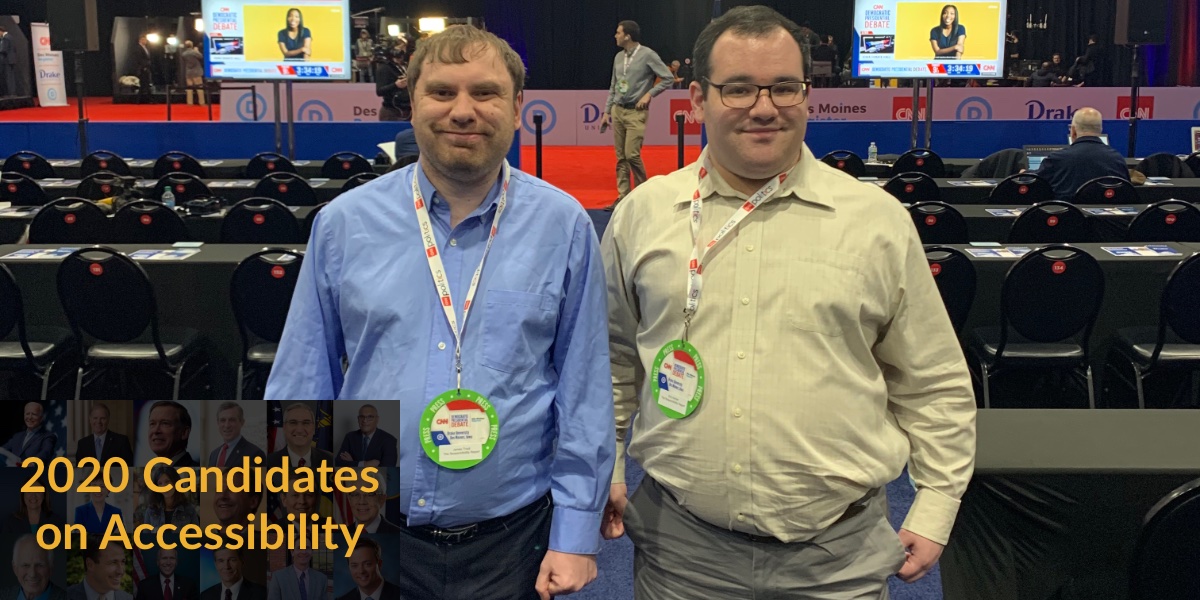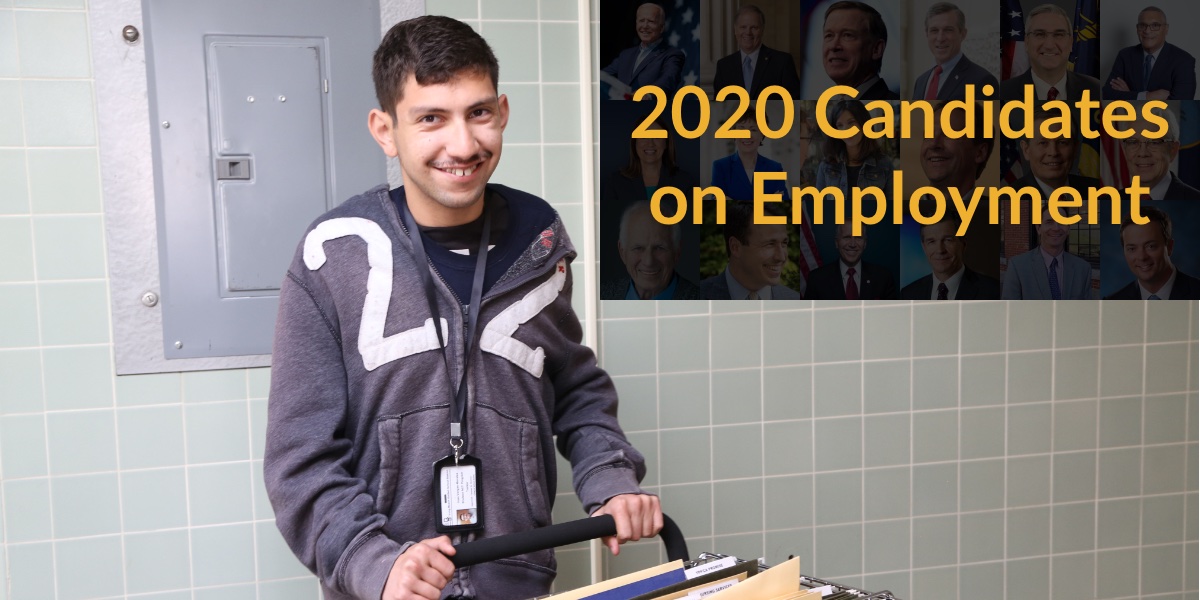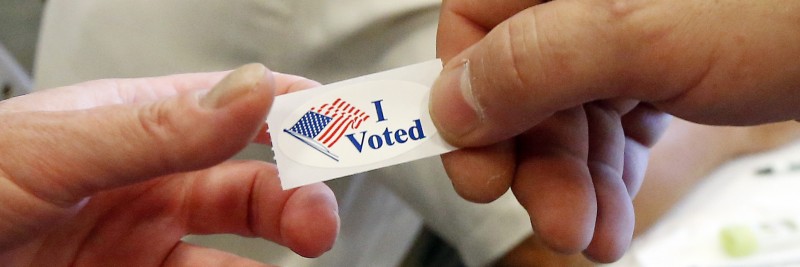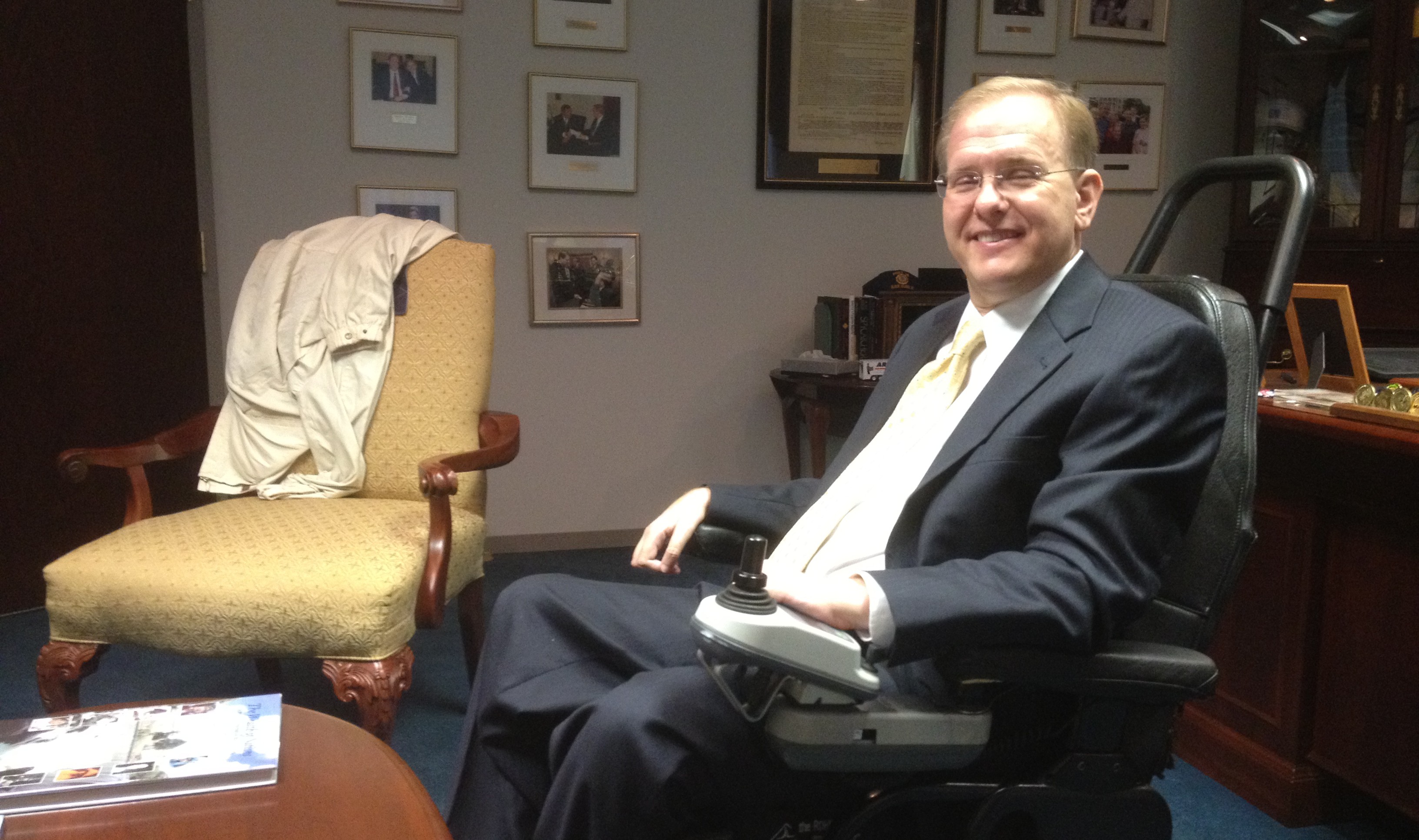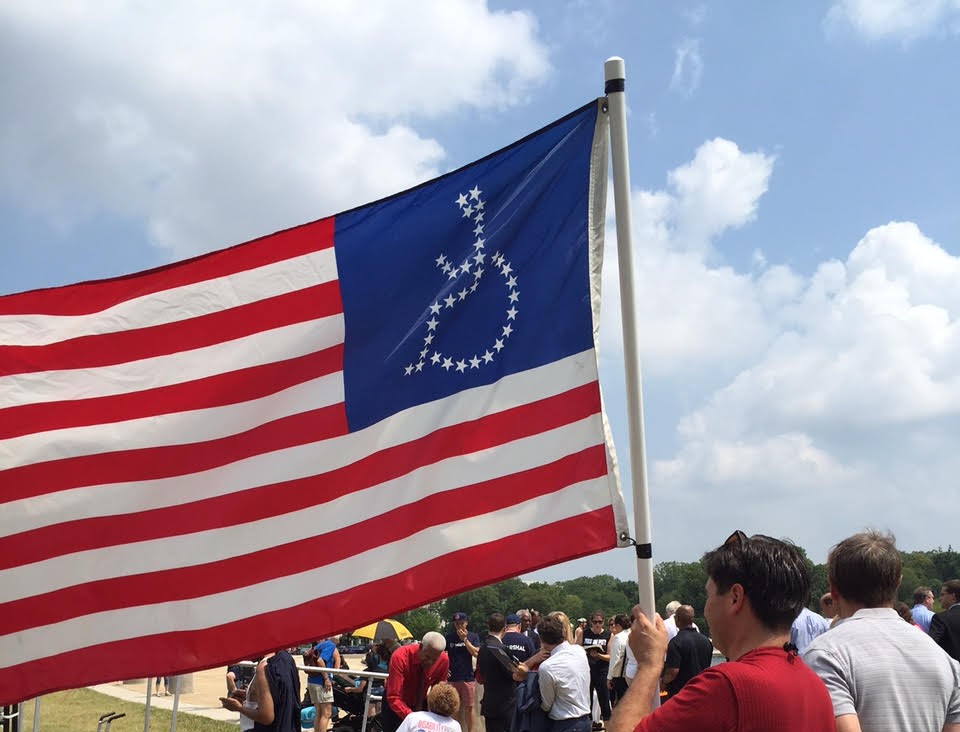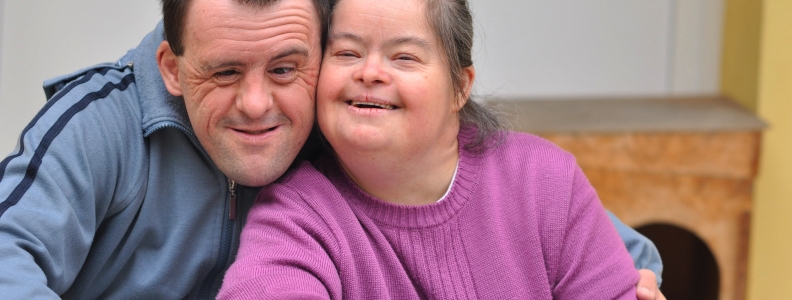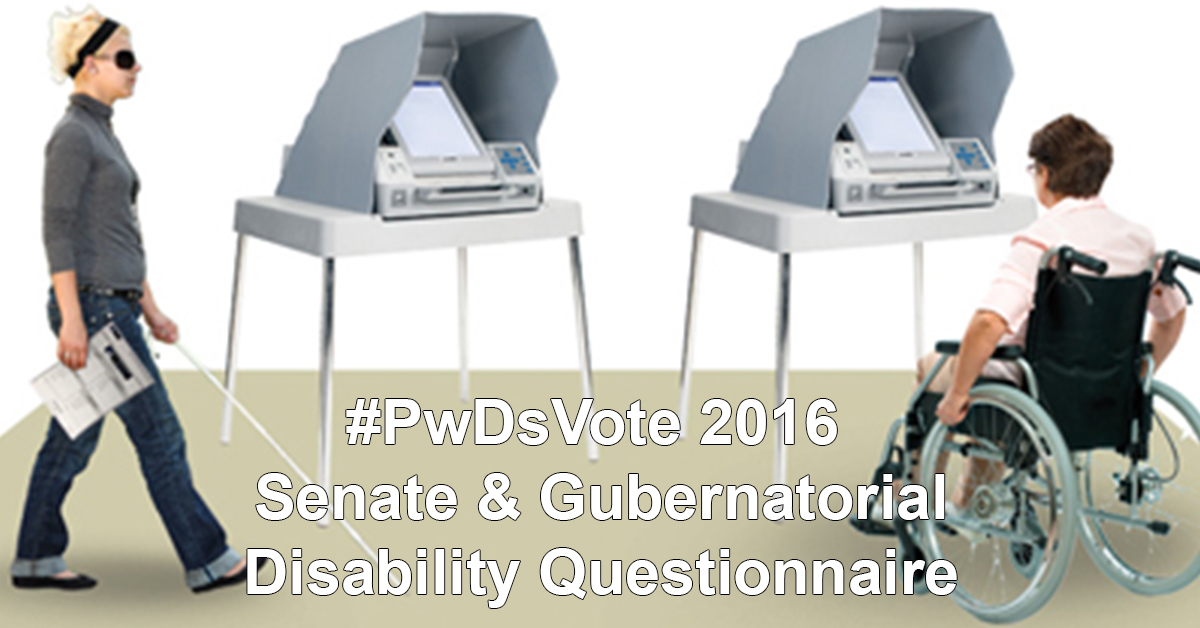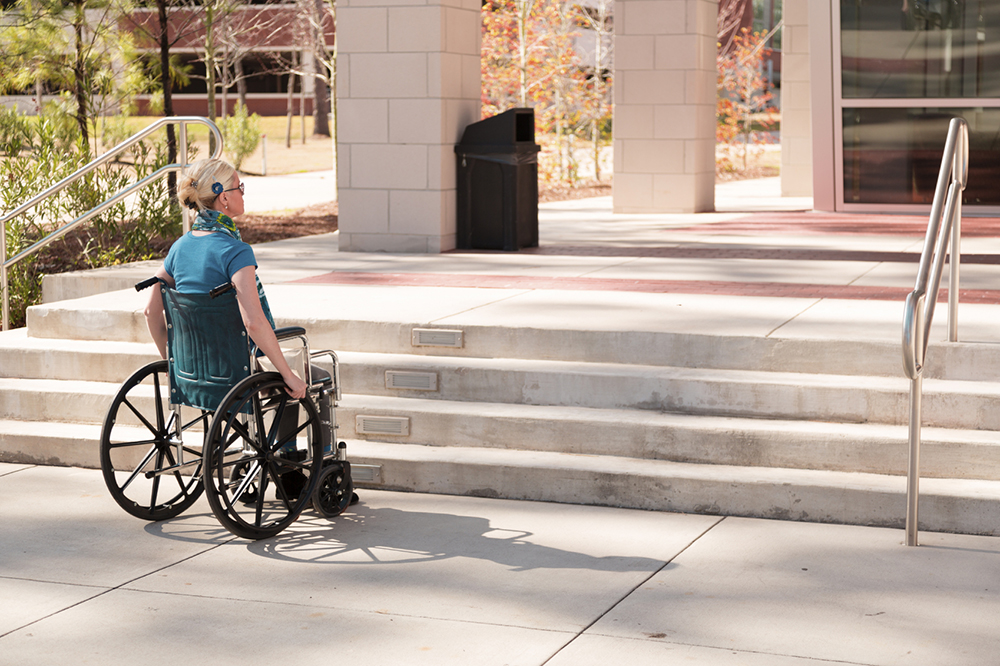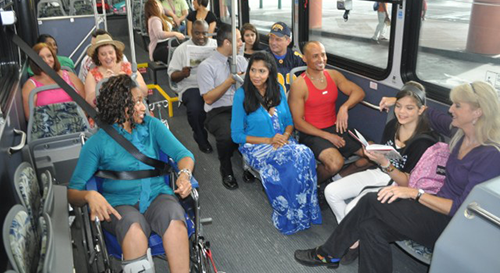Washington, Nov. 7 – Many individuals with disabilities choose to receive home and community based services such as personal care attendants instead of living in an institution. Indeed, studies show it is more cost effective to do so than to live in institutionalized settings such as nursing homes where people with disabilities can no longer participate and contribute to society by working and paying taxes.
Yet coverage of personal care attendant services is available only through Medicaid waivers, and many states have extensive waiting lists. This also becomes a barrier to employment for many individuals with disabilities who lose Medicaid services that provide these and other home and community based services if they choose to work. Other people with disabilities who are not eligible for Medicaid are unable to work to begin with due to lack of personal care attendant coverage through private insurance or Medicare. In 2014, of the 7,224,420 individuals with independent living disabilities aged 18 to
64 years living in the community, just 1,146,316 individuals were employed – that is only 15.9 percent.
As part of the #PwDsVote Disability Questionnaire, the nonpartisan nonprofit disability organization RespectAbility asked candidates running for Senate or Governor about their plans to address these issues. Every candidate was given an equal opportunity to address these issues and if they are not listed, it is because they declined to answer.
Many of the candidates also talked about the Disability Integration Act (DIA), which was introduced in the Senate in December 2015 by Sen. Chuck Schumer (D-NY) to ensure that people with disabilities needing help with everyday tasks who previously have been forced into institutions would have the opportunity to instead live in their homes with appropriate aid.
The quotes in this article are the candidates’ answers to question 9 in the gubernatorial/senate questionnaire: “Do you have a plan to provide home and community-based services to people with disabilities who would rather live in their own homes instead of institutions, and have the community attendant supports they need to work? “
Democrats and Republicans agree there is a need for home and community-based services to be available for individuals with disabilities who would rather live in their own homes than in an institution or nursing home.
“Much of our ability to provide community-based services is reliant on the workforce, which supports these services. My recently created Health Care Workforce Commission is working to address how to grow, support and professionalize New Hampshire’s Direct Support Professionals (DSPs),” responded Gov. Maggie Hassan, a Democrat running for the U.S. Senate seat in New Hampshire. “And in the Senate, I will advocate for measures like the Disability Integration Act to expand access to home and community-based services for people with disabilities.”
Republican incumbent Sen. Kelly Ayotte also talked about her support for caregivers in her response, listing her support for the Recognize, Assist, Include, Support, and Engage (RAISE) Family Caregivers Act and the Home Health Care Planning Improvement Act.
“I have been a leader in the Senate fighting for policies to support family caregivers, who care for family members and loved ones in the comfort of their own homes,” Ayotte responded. “I am a co-founder of the Assisting Caregivers Today Caucus, which works to bring greater awareness to the issues facing family caregivers, including more than 268,000 in New Hampshire.”
Check out all of the candidates’ full answers below:

